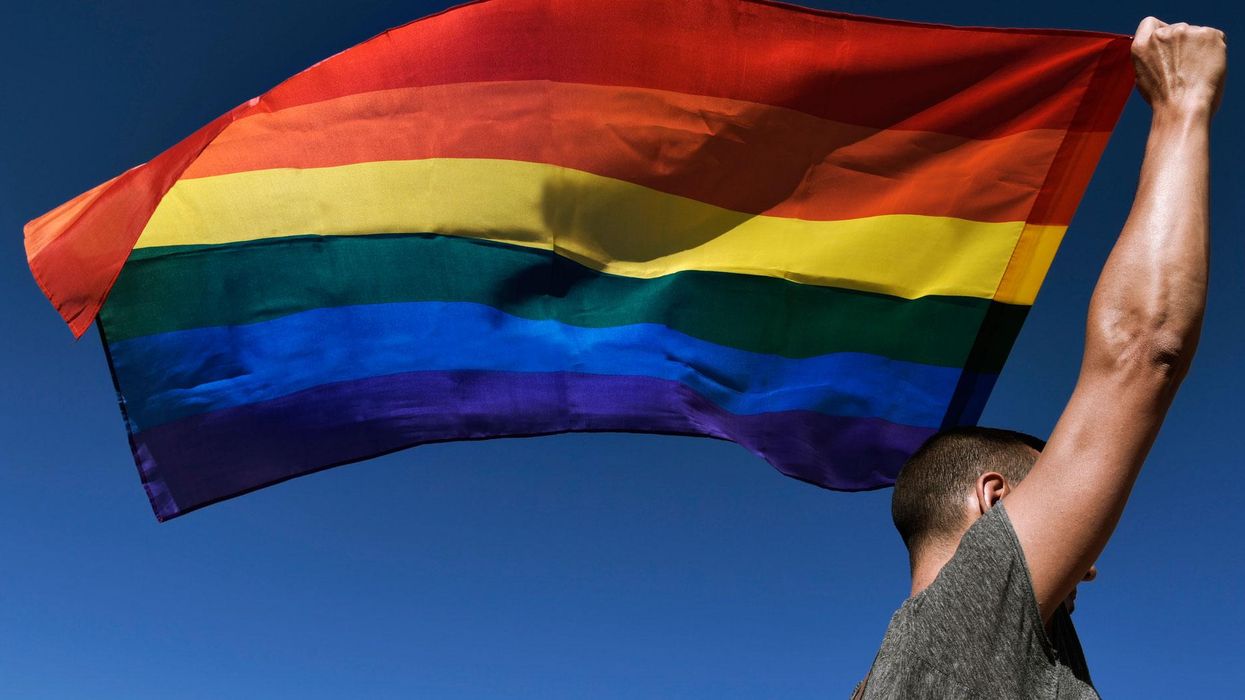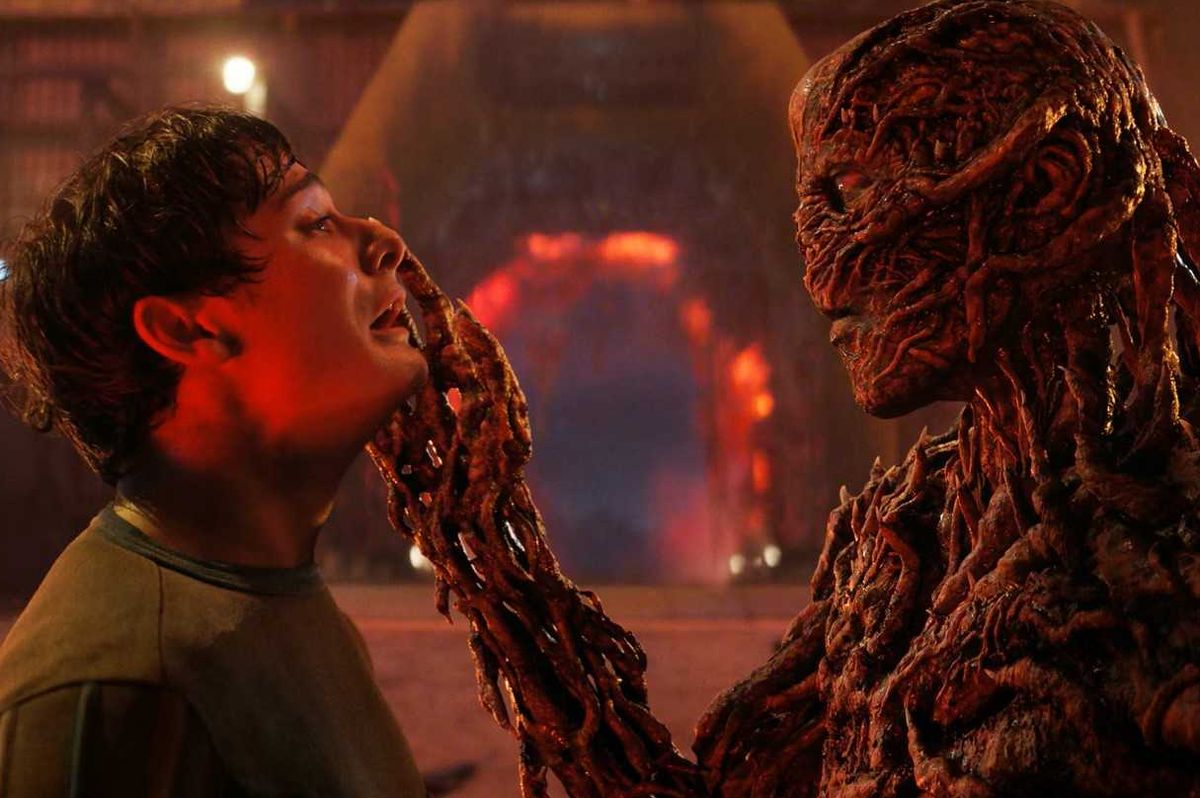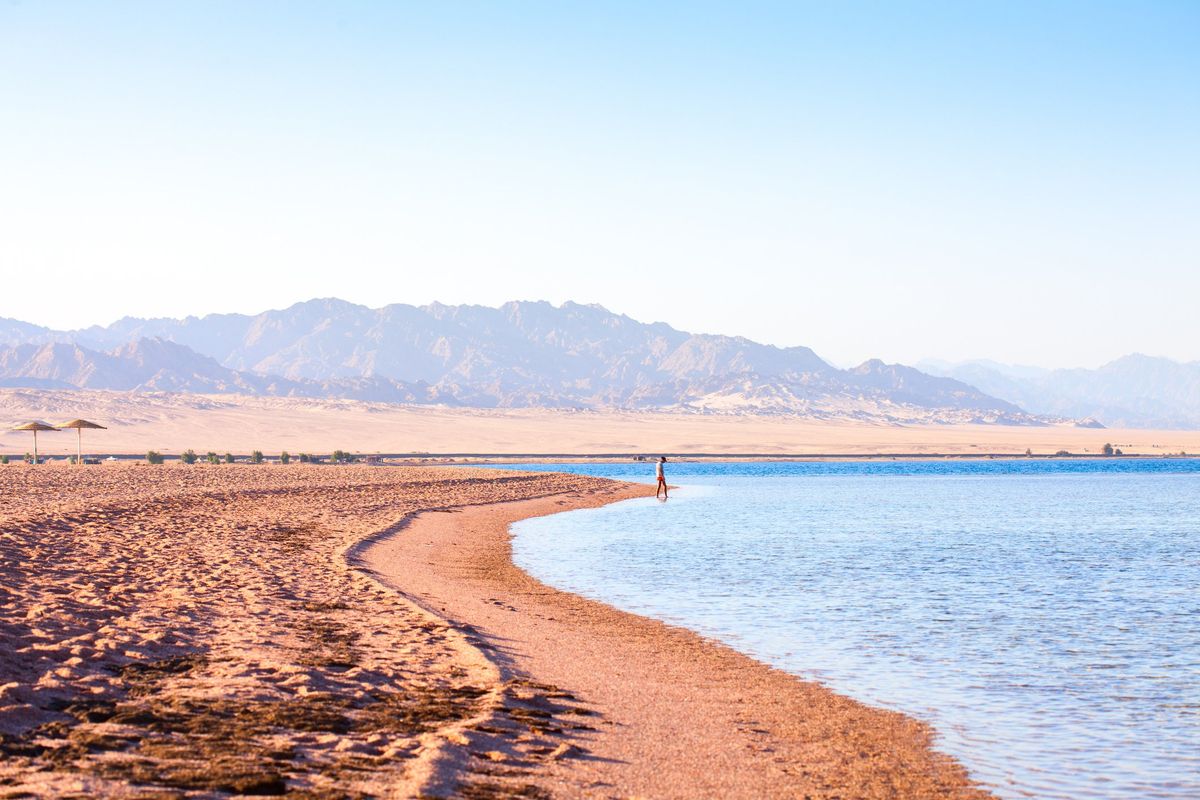News
Jake Hall
Jun 07, 2018

Picture:
iStock / nito100
This year the most prestigious event in the world of football, the World Cup, will take place in notoriously homophobic Russia.
Despite the country's claims that LGBT+ fans should feel comfortable travelling to and attending the event, several reports suggest otherwise. The most recent comes from a group of Cossack security volunteers, who have said that they will report two men kissing to the police if they see them.
The volunteers will be stationed across stadiums to ensure safety, yet head coordinator Oleg Barannikov suggested in a radio interview that the team has other priorities.
Speaking to Current Time, he said:
If two men are kissing each other at the World Cup, we will tip off the police, drawing their attention to it. The rest is a police matter.
To us, values mean the [Christian] Orthodox faith and the family come first.
It's unclear exactly what he expects the police to do - aside from the country's notorious 'gay propaganda' law, there is no law banning same-sex PDAs, although the country's government did consider a bill to outlaw it back in 2016.
Despite this official word, the country is known for its hostile attitude towards homosexuality and LGBT+ people. Japan Today reported that Di Cunningham, who heads an alliance of LGBT+ fan groups in the UK and gave an interview stating her intention to come, was sent threatening emails in response.
One featured a photograph of a man holding a switchblade, alongside a promise that LGBT+ people would be stabbed. Another was more vague, stating that Cunningham's 'sodomite' alliance was being investigated and should therefore stay away. But Cunningham remains undeterred and determined; in an interview, she stated:
I want to support my team and to ensure that, however small, there is a visible LGBT+ fan presence in that country.
Despite the mounting controversy, Russian activists have said they have no plans to protest the World Cup.
In a Buzzfeed report published earlier this week, activist Polina Adrianova claimed that protests are "not so effective" in Russia and would be "put down swiftly and harshly". The article also states that increased bureaucracy has been enforced in recent months, making it more difficult for NGOs and activists to rally against the event.
Adrianova points to the 2014 Sochi Games, which were also met with international outcry, as proof that the Russian World Cup will avoid highlighting the country's archaic laws:
In 2014, we lobbied large international companies, the games's sponsors, to do something creative to show their support of LGBT+ people in Russia. But none of the companies did anything of the sort.
Many gave half-baked official responses laden with buzzwords including 'diversity' and 'inclusivity', but none made any genuine show of support.
Ironically, a number of these companies have recently stamped rainbow flags on their products and advertisements in a hollow nod to Pride month.
More: LGBT+ World Cup fans travelling to Russia reportedly told ‘if we find you, we’ll stab you’
Top 100
The Conversation (0)













